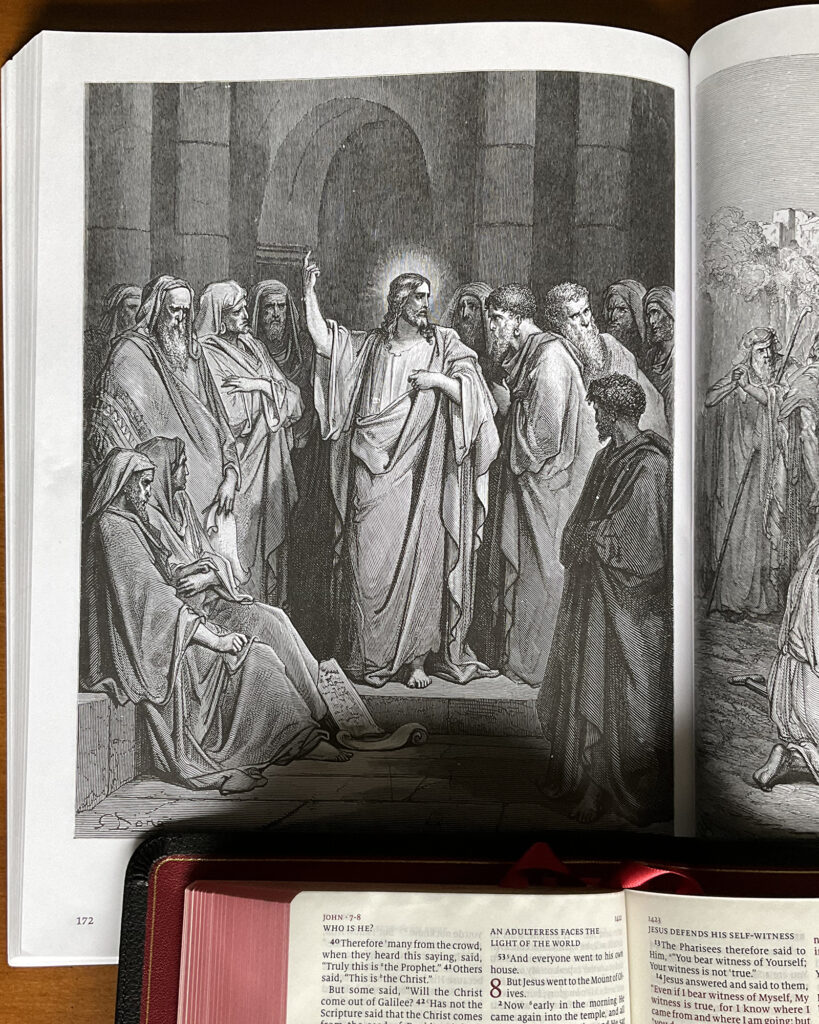CMP Review 2023-03-26

The reader of Parents and Children can be a bit unnerved when reaching Chapter 5. It starts out very promising: Mason proposes to explore “How to fortify the children against the doubts of which the air is full.” But then on the next page she says that “‘Evidences’ are not Proofs.” And in a jarring sentence she claims that “the Christian apologist is open to the imputation conveyed in the keen proverb, qui s’excuse, s’accuse.”
Many parents who love the Charlotte Mason method quietly sidestep this advice. Early on, I followed a well-established Charlotte Mason curriculum whose booklist included works by a well-known apologist. With that for “air cover,” my family enjoyed (and devoured) those books. I never had the sense that by doing so, je m’accuserais.
But I have come to see that Mason was on to something. “The truth by which we live must needs be self-evidenced, admitting of neither proof nor disproof,” she wrote. Her words anticipated the writings of philosopher Alvin Plantinga, who argued that faith in God is “properly basic.” In short, we believe in God because the Holy Spirit tells us to.
Jesus performed many astonishing miracles. Guards were sent to abduct him, but they were stopped dead in their tracks. Not by signs and wonders or by Christ disappearing from their midst. Not by bolts of lightning or by cracks in the earth. Not by the logic of philosophers or by the authority of leaders. All of their powers and all of their weapons weapons were held at bay by one thing: words. “Never man spake as this Man.”
I love Christian evidences and I love the work of apologists. But there is something that I love even more: the words of Christ. In the company of the Holy Spirit, they stand above proof or disproof. Charlotte Mason’s poem today explores the nature of faith and the reaction of the guards. May you prayerfully read or listen to it, and invite the Holy Spirit to convince you of the truth that admits of no other response but “Yes.”
Find the poem here.
@artmiddlekauff